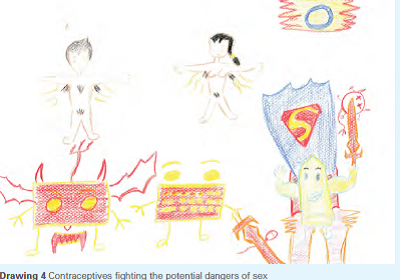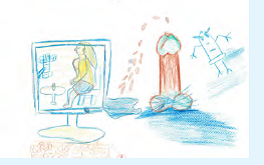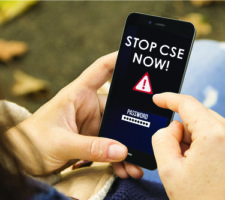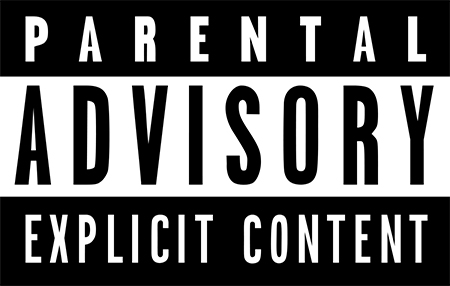
REVIEW OF COMPREHENSIVE SEXUALITY EDUCATION GUIDELINES IN THAILAND | Child Harm Level: Extremely High
TARGET AGE GROUP: All School-Age Children
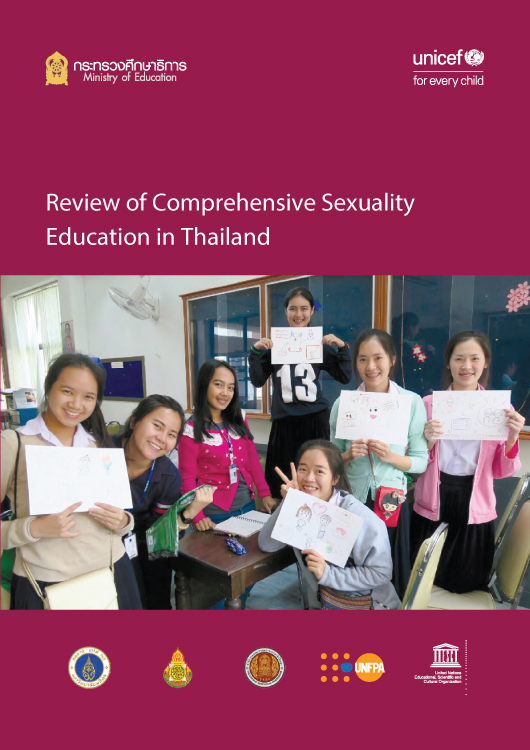
NO EVIDENCE of Reducing STD's
NO EVIDENCE of Reducing Teen Pregnancy
HAS Planned Parenthood Ties
NOT Evidence-Based
Contains Harmful Elements
The “Review of Comprehensive Sexuality Education in Thailand” was released in 2016 by UNICEF in partnership with UNFPA, UNESCO, and the Thailand Ministry of Education. The publication clearly reveals the dangerous, unhealthy concepts UNICEF, UNFPA and UNESCO think should be taught to children through comprehensive sexuality education (CSE).
QUICK LINKS: Harmful Elements Analysis | Evidence of Failure | Examples of Harmful Content
Harmful Elements
The UNICEF “Review of Comprehensive Sexuality Education in Thailand” encourages exposing children and youth to multiple harmful concepts, through statements and various activities that are harmful and sexually engaging to children.
Below are direct excerpts from UNICEF’s “Review of Comprehensive Sexuality Education in Thailand.” Prepared by Family Watch International, these excerpts reveal what UNICEF thinks children should be taught through comprehensive sexuality education (CSE).
- “Topics related to the prevention of teenage pregnancy, sexually transmitted infections and HIV, as well as sexual anatomy and development are emphasized most, while topics related to gender, sexual rights and citizenship; sexual and gender diversity; gender inequality; safe abortion; safe sex for same-sex couples; and bullying are less often taught.” (Pg. i)
- “Rarely depicted topics included LGBT issues, sexual consent, mutual pleasure, emotions in relationships, drugs and alcohol, sexual harassment and abuse, the internet and sexuality, gender equity in sex and sex work.” (Pg. 15)
- “Many students hold attitudes that reject gender equality and sexual rights …” (Pg. i)
- “… a majority of teachers think that sex among unmarried students is unacceptable, which indicates that they reject some sexual rights of their students.” (Pg. i)
- “… training should be provided to teachers that gives them opportunities to revise their sexual attitudes and prejudices, emphasizes gender and sexual rights.” (Pg. 44)
- “The research team also would like to show its appreciation to the technical advisory board comprised of organizations including the United Nations Educational, Scientific and Cultural Organization (UNESCO), the United Nations Population Fund (UNFPA), Population Council, Path2Health Foundation, International Planned Parenthood Federation (IPPF), Women’s Health Advocacy Foundation (WHAF) and the Thai Health Promotion Foundation.”
Examples of Harmful Content & Activities:
As part of the CSE curriculum review conducted in 2016 in Thailand, UNICEF asked students who attended focus groups “to draw anything in relation to their CSE classes.”
“Preventing pregnancy and infection was another common theme, represented by condoms (72), sometimes personified as heroic protectors or as smiling companions.” (Pg. 14)
To see the complete “Review of Comprehensive Sexuality Education in Thailand” go to: https://www.unicef.org/thailand/comprehensive_sexuality_education.pdf
Evidence of Failure
“Review of Comprehensive Sexuality Education in Thailand”, like most CSE programs, cannot be considered an effective, evidence-based program for the students it was designed to serve.
For more evidence on the ineffectiveness of comprehensive sexuality education (CSE), visit SexEdReport.org to see the latest, most comprehensive analysis on CSE programs.
Other Resources
Related Family Watch Policy Briefs:
- Comprehensive Sexuality Education: Sexual Rights vs Sexual Health (FWI Policy Brief)
- International Planned Parenthood Federation & Children’s “Right” to Sex. (FWI Policy Brief)
- Abort Planned Parenthood: End Their Empire of Abortion, Deception, Fraud, and the Sexualization of Children. (FWI Special Report)
- The Special Rapporteur on the Right to Education. (FWI Policy Brief)
- The International Guidelines on Sexuality Education. (FWI Policy Brief)
- Protecting Children and the Family from the Global Sexual Rights Revolution (FWI Presentation)



